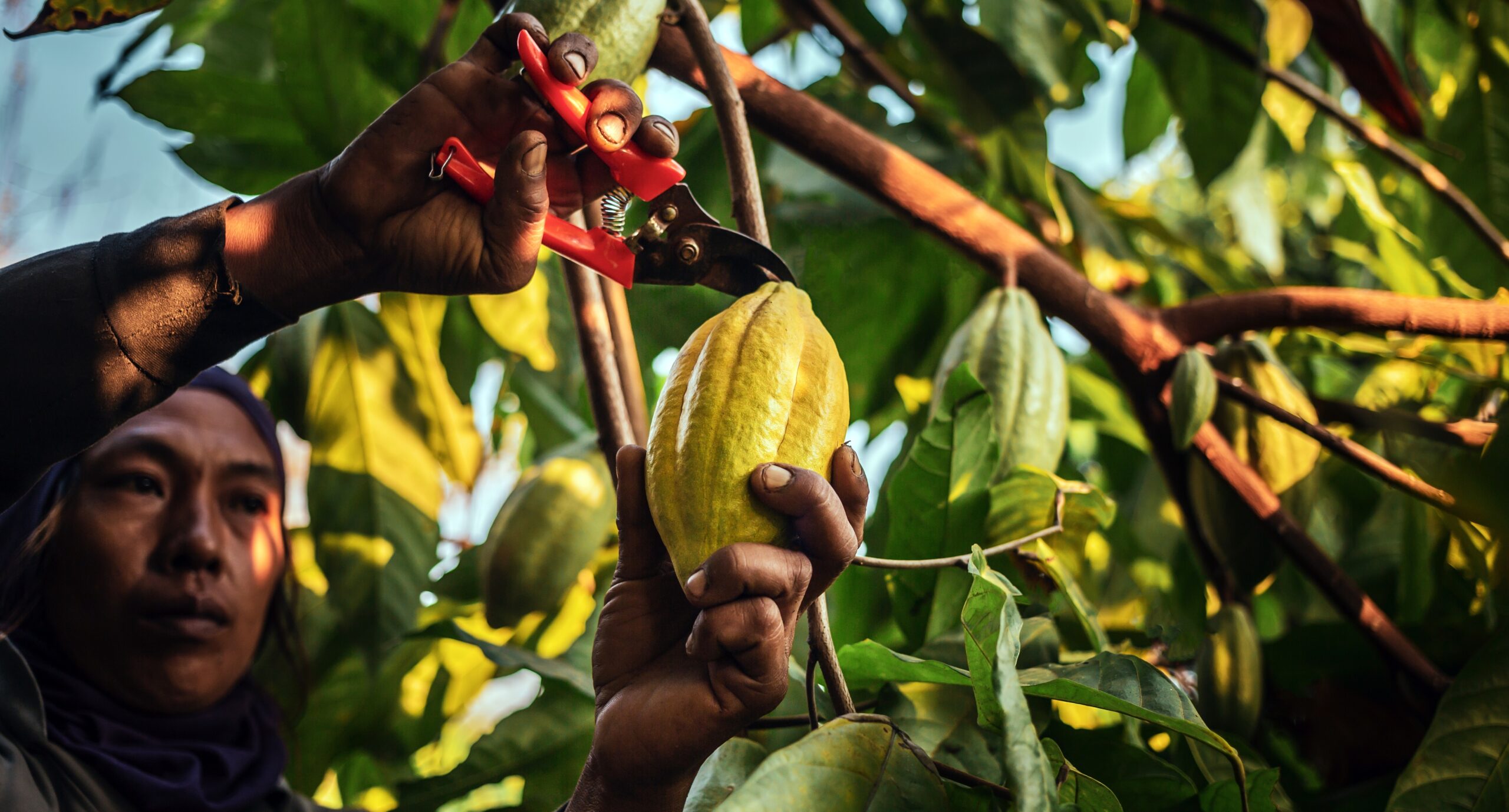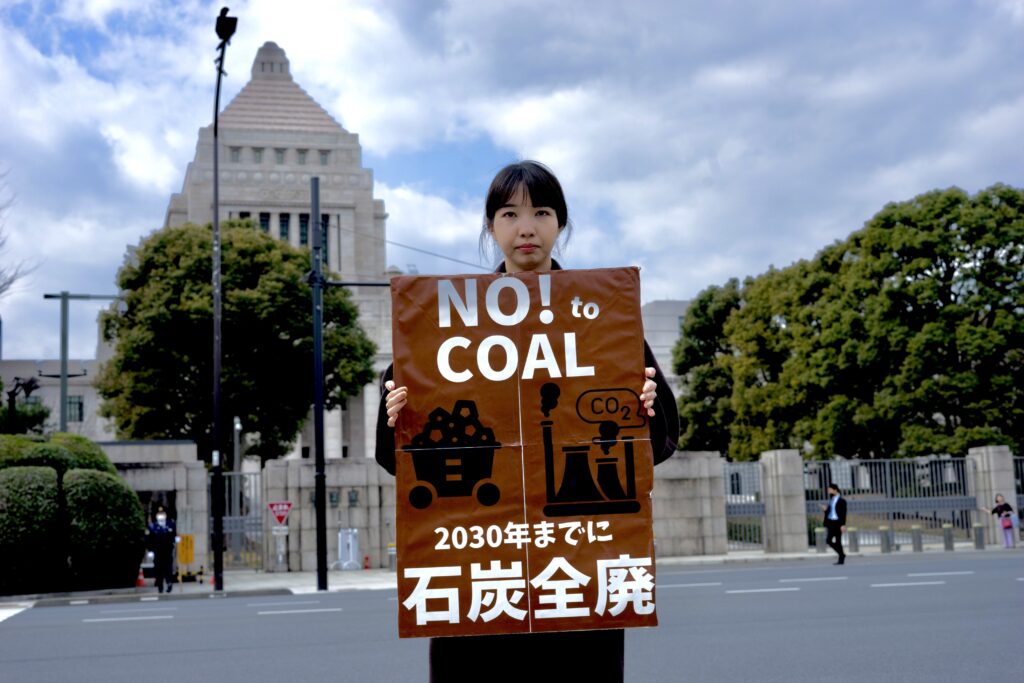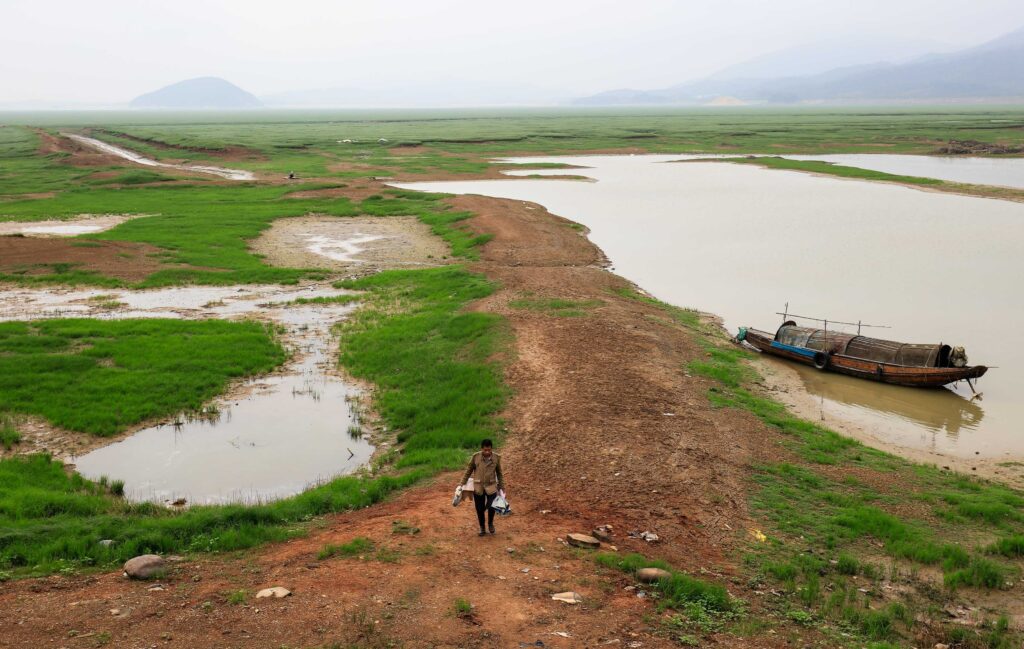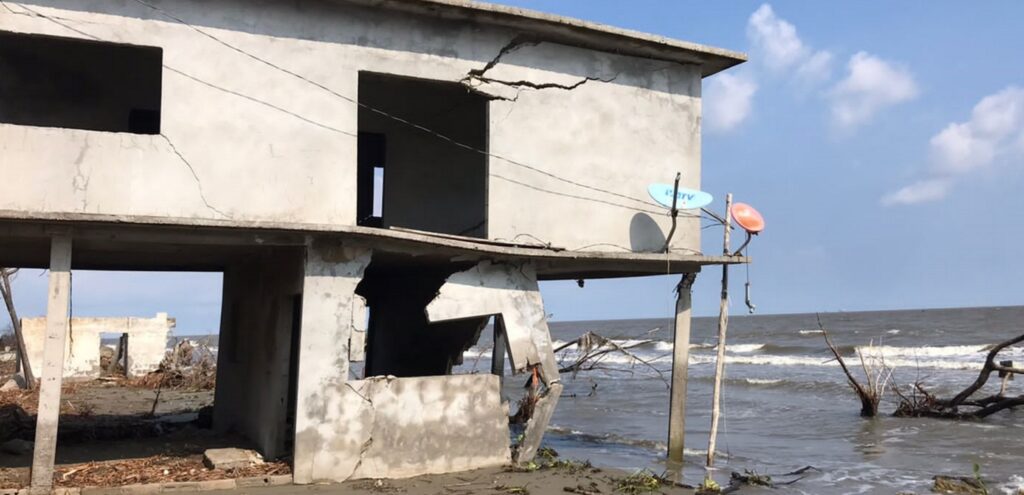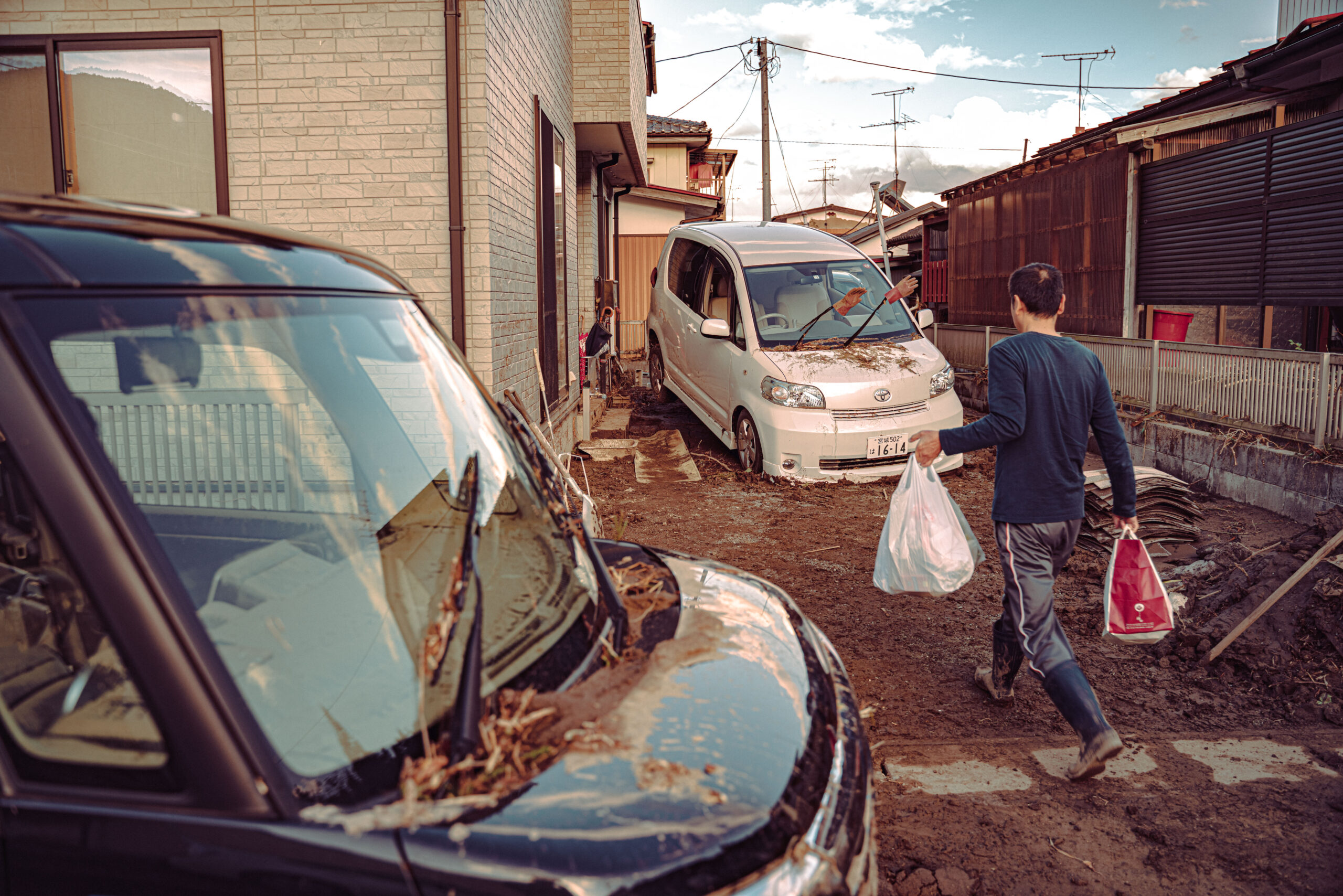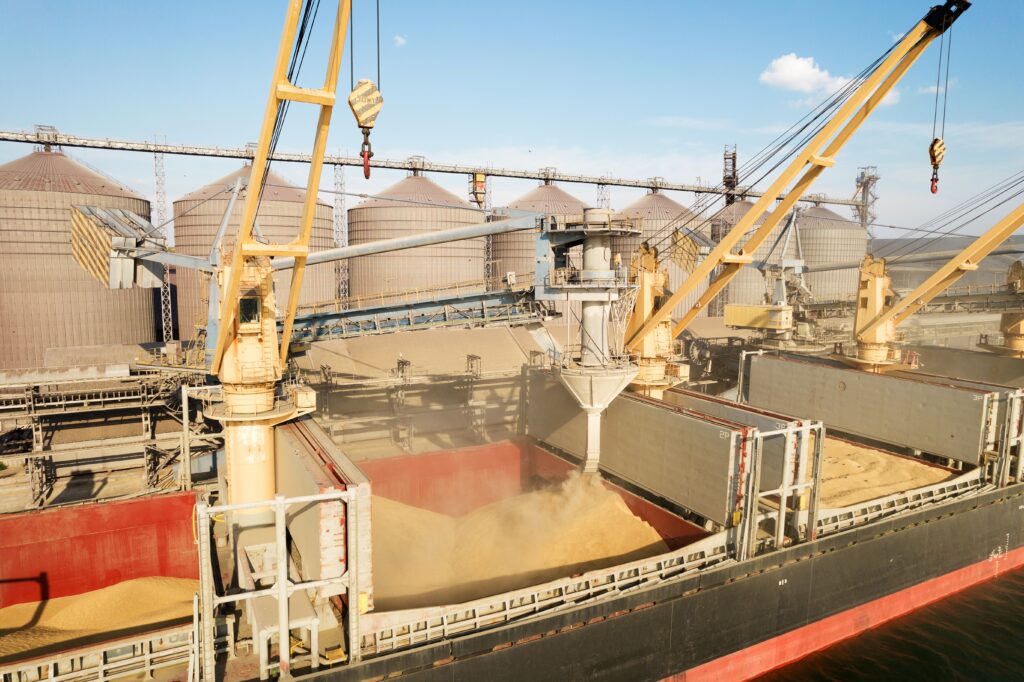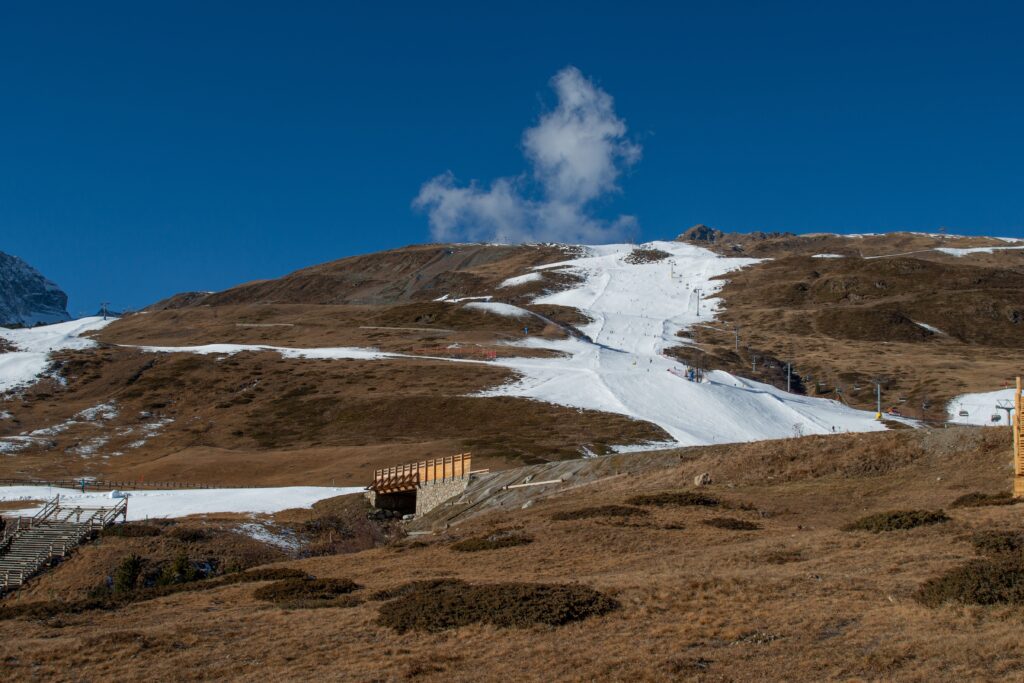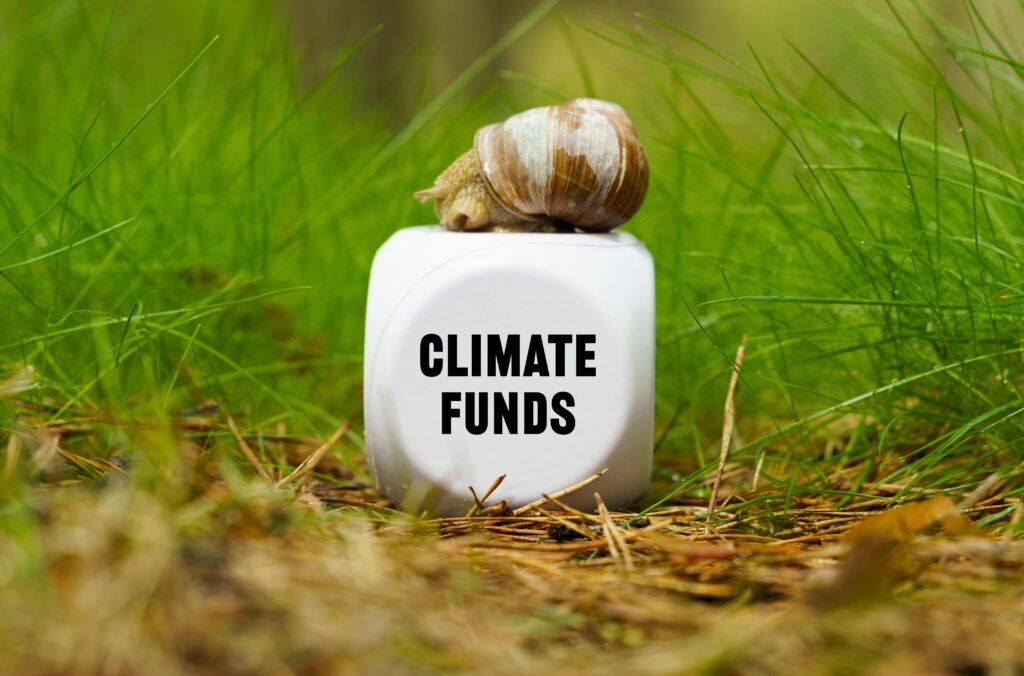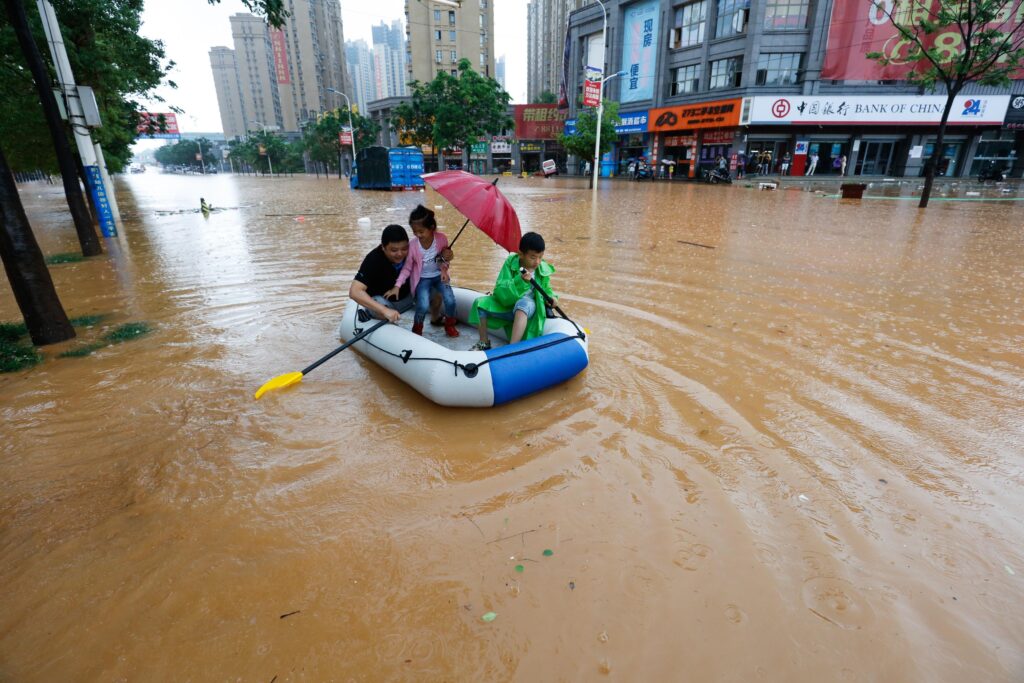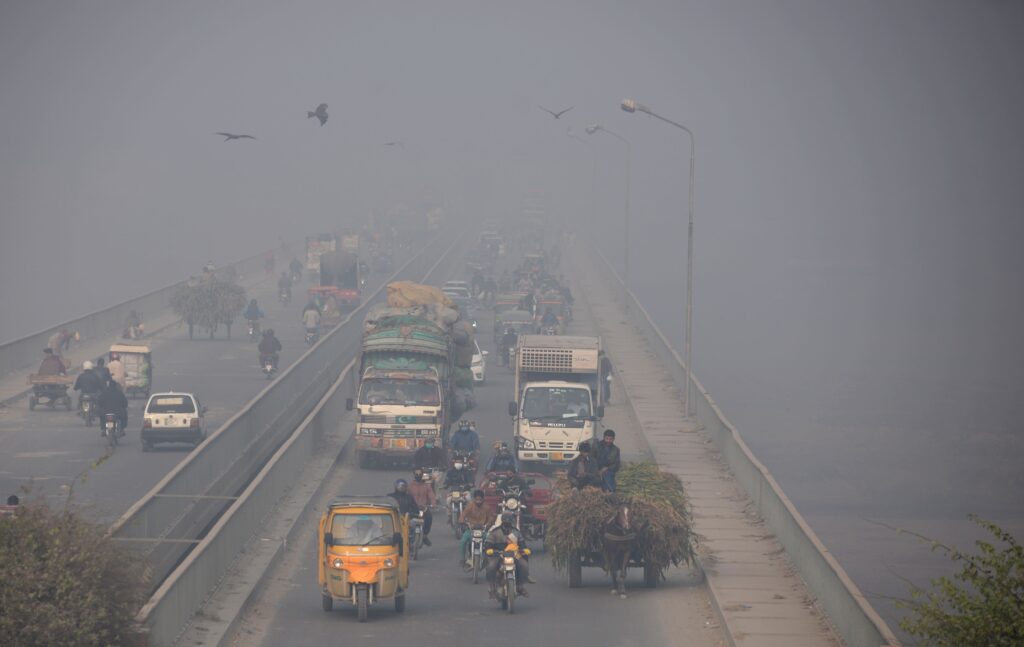The world’s chocolate supply is facing an unprecedented crisis as climate change wreaks havoc on cocoa production, leading to soaring prices and threatening the livelihoods of millions of growers.
A recent report by international development charity Christian Aid shows how rising temperatures and erratic rainfall have hammered cocoa harvests in Ghana and Côte d’Ivoire, where more than 50% of the world’s cocoa is grown. Its publication coincides with new analysis from research group Climate Central, which found that over the past decade, human-caused climate change added at least three weeks above 32°C annually during these country’s cacao crop season. Temperatures this high can impact both the quality and quantity of the cocoa tree harvests.
400% Rise in Cocoa Prices in 2025
In 2024 alone, climate change added six weeks’ worth of days above 32°C in 71% of cacao-producing areas across Côte d’Ivoire, Ghana, Cameroon and Nigeria. 2025’s cocoa shortage follows a similar pattern from last year, after droughts, floods and climate-related diseases impacted cocoa crops, leading to a cocoa price rise of 400%.
Cocoa production supports millions of livelihoods globally, and as a crop sensitive to climatic changes, growers are on the front lines of climate impacts. “Growing cocoa is a vital livelihood for many of the poorest people around the world, and human caused climate change is putting that under serious threat,” said Osai Ojigho from Christian Aid.
Climate Change Pushing Livelihoods to the Brink
Already facing hardship from low pay and exploitation, millions of cocoa farmers are now contending with this spiralling climate crisis. Approximately 70% of the world’s cacao is produced in West Africa’s cocoa belt, where consistent warm and humid conditions are ideal for plant growth. Cocoa production supports the livelihoods of over 3 million farmers and workers in Côte d’Ivoire and Ghana, with Cameroon and Nigeria following as the third and fourth largest producers.
The cocoa shortage started in 2023, after severe rainfall in West Africa – more than double the 30-year average – caused plants to rot with black pod disease. This was followed by severe heat and drought in 2024, from a heatwave made 10 times more likely due to climate change, according to the World Weather Attribution. Across the Atlantic, Central American cocoa growers are also seriously impacted. Amelia, a cocoa grower in Guatemala, explained in the Christian Aid report that her cocoa plantations have been dying due to high temperatures and lack of rain, and she expects conditions to worsen. “There is no food for my family. The cocoa trees are dying, which are usually very resilient. I’m actually not worried that it ‘may’ happen [climate-related crop loss]. It’s happening already,” she said.
Cocoa Farmers Face Mounting Issues
Issues facing cocoa farmers are not confined to the climate crisis. Many do not earn a living income for their production – most earn less than USD 1 a day, and for women, this can be far less. The rising price of cocoa often does not benefit growers due to complex global supply chains and unfair trade deals. On average, cocoa farmers earn just 6% of the final value of a bar of chocolate, according to the Fairtrade Foundation.
Other social problems, particularly undervaluing and disempowering of women, as well as child trafficking and slavery, are also associated with cacao growing in some parts of the world. Cocoa production also itself contributes to climate change. Deforestation is a major factor, as well as the use of fossil-fuel-based agrochemicals.
Commenting on the report, Alexander Carnwath from the Fairtrade Foundation highlighted how global trade relationships are exacerbating these issues. For example, relationships that require cocoa growers to sell below the cost of production can lead to unsustainable practices. “We hear every day from farmers who tell us that international trade is still not fair,” he said. “Environmental sustainability across the cocoa supply chain cannot be achieved without social and economic sustainability.”
Action To Support Cocoa Farmers
Addressing these multifaceted issues requires comprehensive action. The report’s authors emphasise the need for rapid action to reduce greenhouse gas emissions, alongside measures to conserve and restore lost and degraded ecosystems. With the bulk of global emissions caused by the Global North, a “polluter pays” source of climate finance would embed climate and environmental justice into this action. “Climate change, driven largely by the greenhouse gas emissions of the Global North is causing havoc around the world with cocoa farmers bearing the brunt. We need to see emissions cut, and targeted climate finance going to cocoa growers to help them adapt,” Osai Ojigho said.
Addressing climate and social issues in tandem also represents an opportunity to reduce poverty among cocoa growers. At the local level, the report cites evidence that supporting cacao farmers’ transitions to organic and agroecological growing systems can increase grower profitability and food security, reducing land degradation and enhancing gender equity. This will also enhance cocoa’s climate resilience and environmental sustainability. Globally, fair trade deals for cocoa farmers will also support livelihoods and crop climate resilience together. Carefully crafted approaches to trade must support businesses and the livelihoods of the millions of smallholder farmers in low-income countries to deliver sustainability in our food supply chain, said Alexander Carnwath. “The ability of producers to earn a living income, through higher prices for their produce, is a key enabler as well as a precondition for ensuring effective climate action,” he said.
Evelyn Smail
Writer, United Kingdom
Evelyn is a freelance writer and journalist specialising in climate science and policy, the just energy transition and the human impacts of climate change. She writes for independent publications, NGOs and environmental organisations. Evelyn has a background in sustainable development, climate justice and human rights.
Evelyn is a freelance writer and journalist specialising in climate science and policy, the just energy transition and the human impacts of climate change. She writes for independent publications, NGOs and environmental organisations. Evelyn has a background in sustainable development, climate justice and human rights.

